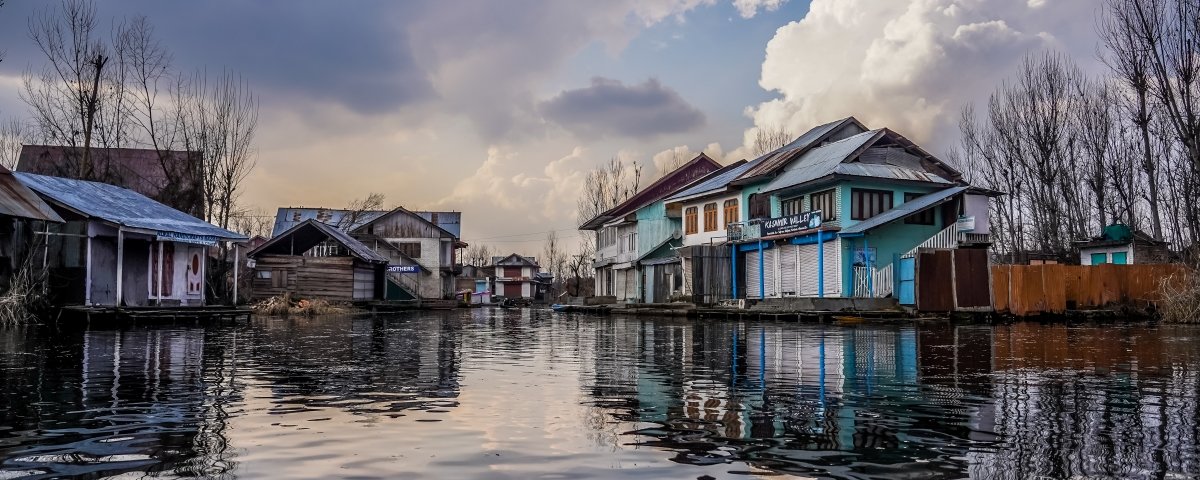Developing a global standardization agenda against rising sea levels
Filippo Grillo and Martijn Wiarda, both PhD candidates at TPM, have managed to secure a project from ISO, the International Organization for Standardization. They believe that standardization could help coastal communities and infrastructures adapt to sea-level rise and want to establish a global standardization agenda against rising sea levels.
Global standardization agenda
Sea-level rise is a disastrous and almost ubiquitous problem. If current greenhouse emissions persist, sea levels will rise on average by 2 metres by 2100, and 4 meters by 2150. We believe that standardization could help coastal communities and infrastructures adapt to sea-level rise. Today, there is a lot of research conducted on this issue, but knowledge is very fragmented – geographically but also in terms of fields of expertise.
“This is why we propose to establish a global standardization agenda against rising sea levels”, say Grillo and Wiarda.
Why standardize?
Standards are technical or social norms that facilitate the collaboration and coordination between stakeholders that would not collaborate otherwise. Grillo and Wiarda found that not enough standards are being developed to contrast rising sea levels. Standardizing in areas such as dikes construction, flood evacuation procedures or natural ecosystems preservation would not only ensure a tangible intervention against such a ramified problem, but would reduce the existing gap between the Global North and Global South in dealing with this issue.
Multidisciplinary approach
TU Delft, as a world-renowned institute in the field of water engineering, plays a pivotal role in the project. The TPM faculty reflects the multidisciplinary dimension of this project. The agenda has to be technically feasible, economically viable and ethically acceptable. This is also reflected in the project by the multidisciplinary advisory team, including prof.dr.ir. Henk J. de Vries, prof.dr.mr.ir. Neelke Doorn and dr. Geerten van de Kaa.
The project lasts for one year. Grillo: “Throughout the year, we will go through several phases in which we first take stock of potential adaptation measures to sea-level rise. We then assess which existing standards relate to these measures. Through global deliberations, we will try to understand which opportunities are deemed most urgent and globally-relevant.”
Raising global awareness
Grillo and Wiarda hope to trigger a collective response to sea-level rise, as well as raising a global awareness of this problem. “The opportunities we identify enable ISO to establish committees of global stakeholders to responsibly govern climate adaptation measures.”
